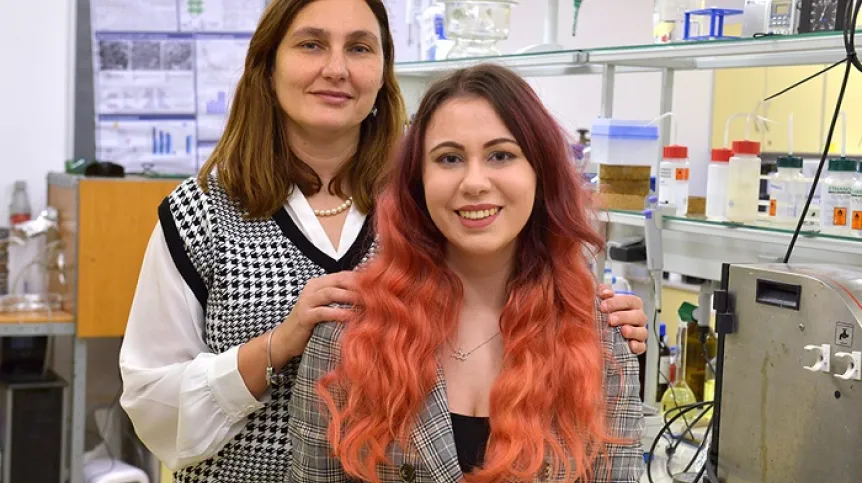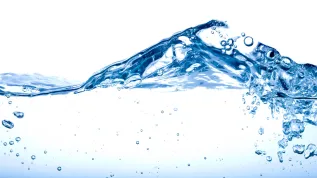
Researchers at the Gdanฝsk University of Technology are developing photocatalysts that can remove pharmaceuticals from wastewater and pollutants such as nitrogen oxides or benzo(α)pyrene present in dust from air.
The team led by Professor Anna Zielińska-Jurek from the Department of Process Engineering and Chemical Technology, Faculty of Chemistry, Gdańsk University of Technology, is developing new photocatalytic materials that are semiconductors and absorb solar radiation.
Posting on its website, the university said: "The accumulated charge can be converted into reactive oxygen species. These, in turn, are capable of very effectively oxidising pollutants present in water or air."
Marta Kowalkińska, a graduate of the university and now a doctoral candidate, has developed a photocatalyst that eliminates organic pollutants in water due to its morphology.
She said: "I am particularly focused on the degradation of pharmaceuticals that are not biodegradable in conventional wastewater and industrial treatment systems."
These pharmaceuticals include naproxen, ibuprofen and paracetamol, which are popular over-the-counter painkillers.
The human body partially metabolises these pharmaceutical compounds. However, as the researchers point out, these metabolites are not always biodegradable, and some of the compounds are excreted in an unchanged form.
Professor Anna Zielińska-Jurek said: "Although pharmaceuticals do not occur in high concentrations in wastewater, they can bioaccumulate in water or biomagnify in the environment, causing toxicity and affecting living organisms in a number of ways."
The researchers are particularly interested in developing technologies that will eliminate these substances from wastewater and surface waters.
The research is not limited to water, though.
Zieliจฝska-Jurek said: "Our team has developed a photocatalyst capable of eliminating a wide spectrum of air pollutants: nitrogen oxides, benzo(α)pyrene present in dust, and volatile organic compounds."
She added that the solution "is innovative on a global scale, as the photocatalyst is capable of eliminating these pollutants under the influence of sunlight."
UV light is expensive and there is very little of it - only 3-5 percent of the spectrum of sunlight - so the researchers want to increase the efficiency of the process by activating the material in visible light. They are cooperating closely with PKN Orlen S.A. on the introduction of this solution.
Photocatalysts can be used to modify different surfaces, giving them new properties. The Gdańsk researchers are working on the application of an eco-friendly photocatalyst in asphalt.
Kowalkiจฝska, who is a contractor in the 'Ecological bitumen' project implemented within the 'Fast Track' programme (Polish National Centre for Research and Development), said: "The surface will contain a layer capable of degrading pollutants, such as nitrogen oxides, which are among the most dangerous atmospheric pollutants emitted, for example, during the combustion of fossil fuels and in car transport."
PAP - Science in Poland
amk/ zan/ kap/
tr. RL













